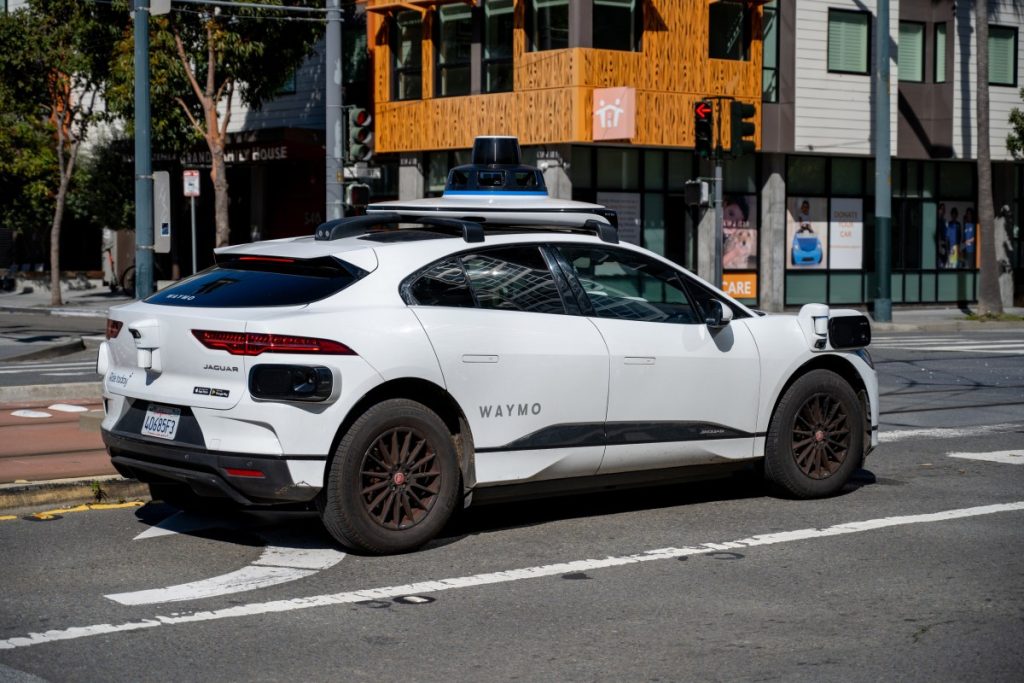Waymo is set to utilize data collected from its robotaxis, particularly video captured by interior cameras linked to riders’ identities, to enhance generative AI models. This revelation stems from an unreleased draft of Waymo’s privacy policy discovered by researcher Jane Manchun Wong.
Data Collection and Usage
The draft suggests that Waymo may also distribute this data for the purpose of personalizing advertisements, raising concerns regarding how rider behavior within autonomous vehicles could be leveraged for AI training and marketing strategies. The privacy policy states: “Waymo may share data to improve and analyze its functionality and to tailor products, services, ads, and offers to your interests.” Riders have the option to opt out of sharing their information with third parties unless it is essential for service operations.
Privacy Concerns
While the language used in the privacy policy aligns with common practices in the tech industry, the inclusion of camera data heightens privacy concerns. Waymo provides riders the ability to prevent their personal information, as defined under California’s privacy laws, from being sold or shared, along with the choice to opt out of using their interior camera data for training generative AI.
The specifics regarding what kind of interior data will be employed for AI training remain unclear. Questions arise about whether the interior cameras capture facial expressions, body language, or other stimuli. It is also uncertain if this data will be used solely for Waymo’s internal models or shared with other Alphabet divisions, such as Google or DeepMind, which are also engaged in AI research.
Market Position and Financial Context
As of February, Waymo stands out as the only autonomous vehicle firm generating revenue from robotaxi rides in the United States, recording over 200,000 paid rides each week across cities like Los Angeles, San Francisco, Phoenix, and Austin. This figure marks a significant increase from 10,000 rides per week two years prior and hints at potential growth as Waymo eyes expansion into new regions, including Atlanta, Miami, and Washington D.C. within the next two years.
Despite this growth trajectory, Waymo is likely still incurring losses for Alphabet. This could explain the company’s exploration of additional revenue avenues, including in-vehicle advertisements and data sharing for AI training. Recently, Alphabet invested an additional $5 billion into Waymo, elevating its total valuation to over $45 billion after securing $5.6 billion in funding from external investors.
Future Prospects
Waymo continues to invest heavily in research and development, alongside costs associated with fleet expansion, specialized equipment procurement, vehicle maintenance, and charging infrastructure. The timeline for achieving profitability or even breaking even remains uncertain, as Alphabet does not disclose Waymo’s financial performance separately in its earnings reports. Instead, Waymo is categorized within Alphabet’s “other bets” segment, which reported an operating loss of $1.2 billion in 2024.

